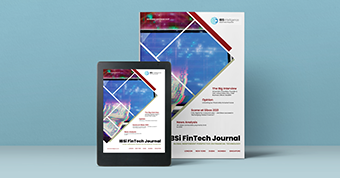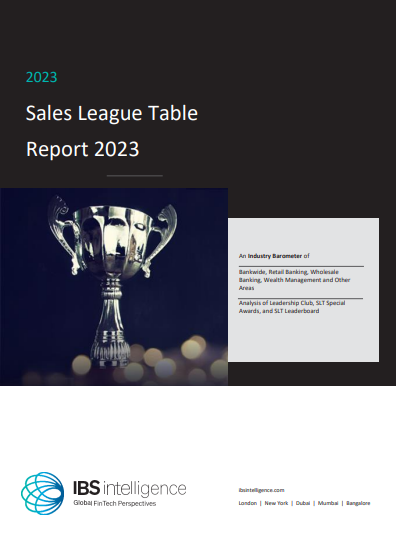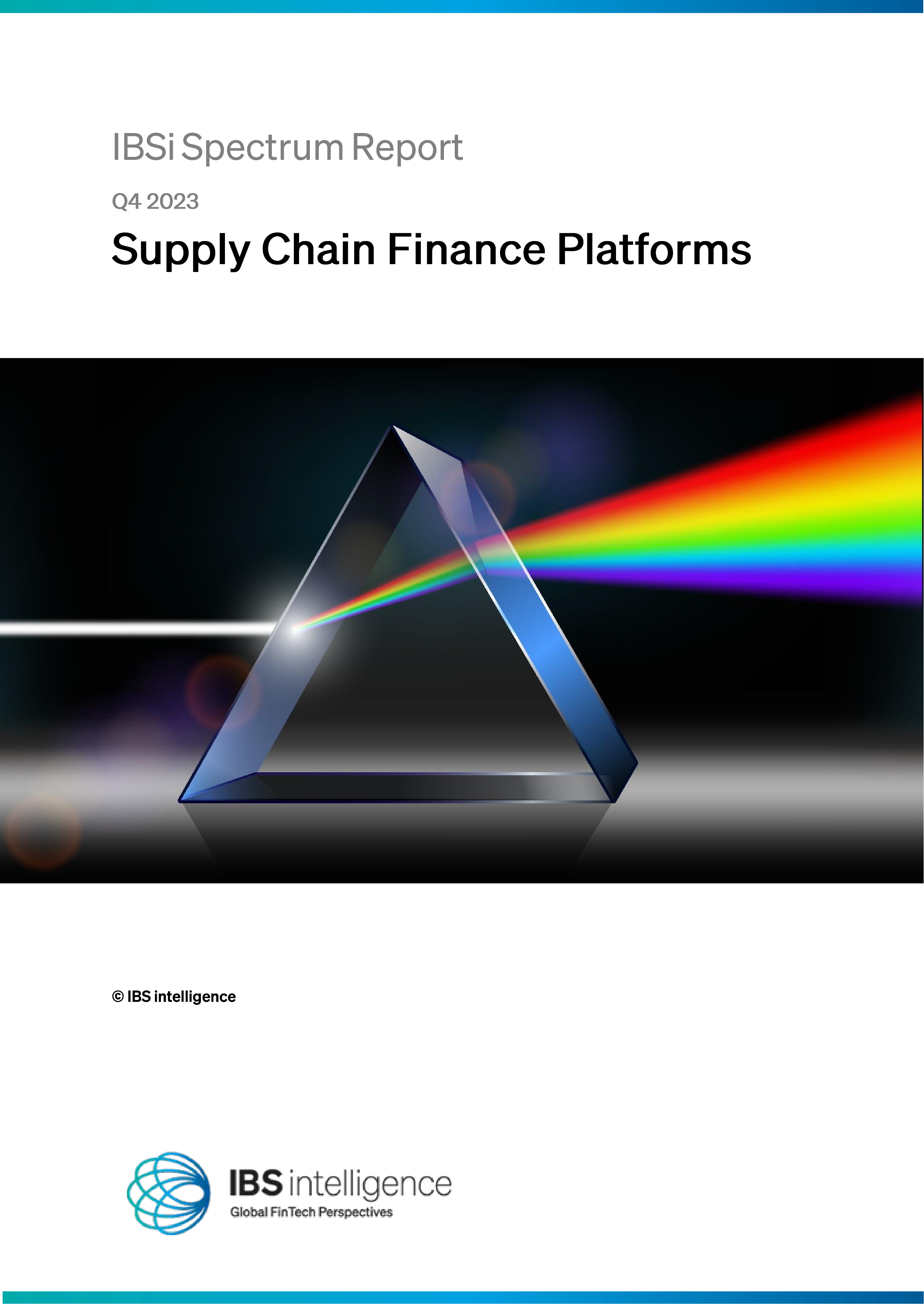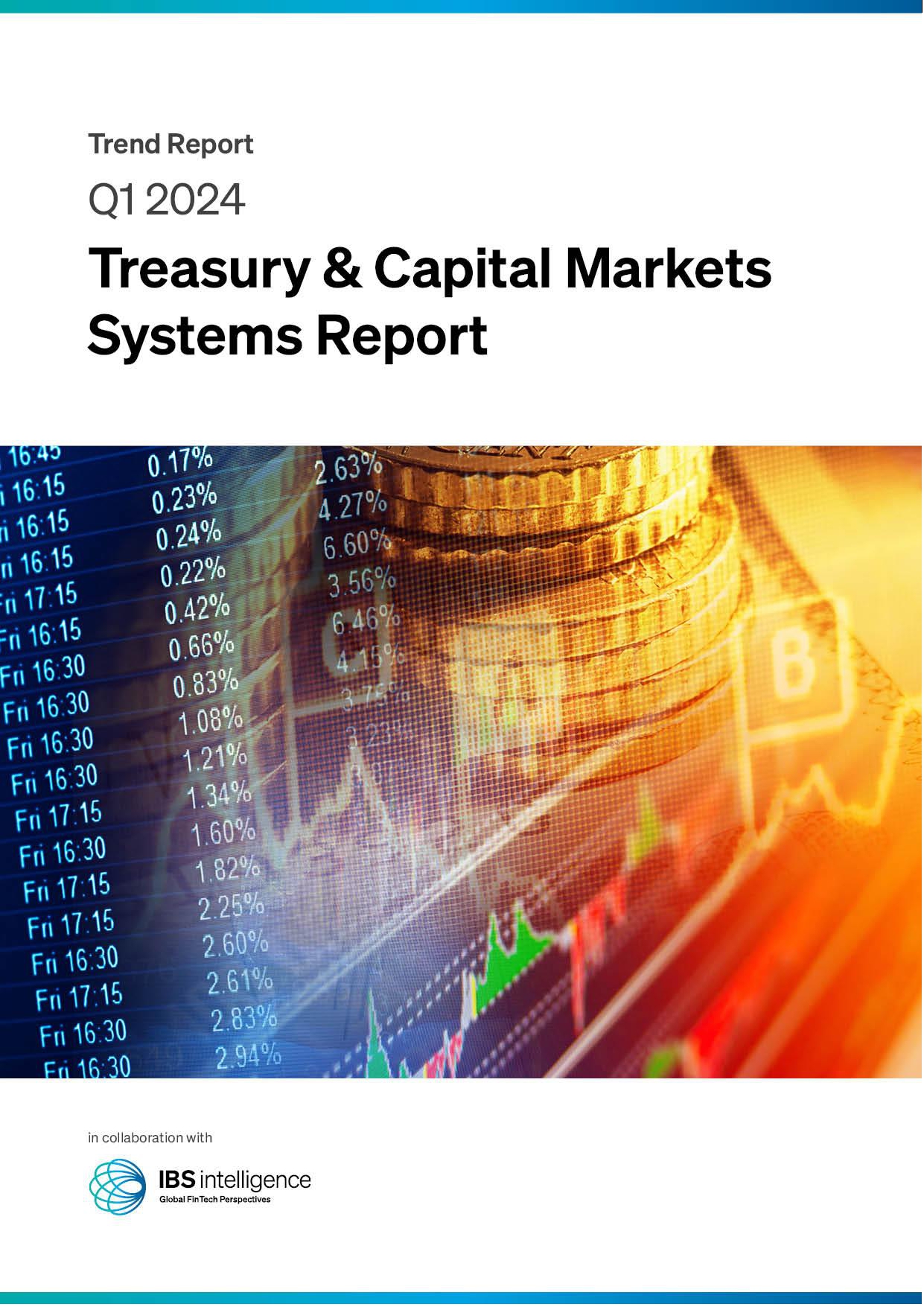 Back
Back
4 Artificial Intelligence trends noticed in the Banking sector
By Joy Dumasia
 Artificial Intelligence (AI) has been around for a long time. AI was first conceptualized in 1955 as a branch of Computer Science and focused on the science of making “intelligent machines” machines that could mimic the cognitive abilities of the human mind, such as learning and problem-solving. AI is expected to have a disruptive effect on most industry sectors, many-fold compared to the internet over the last couple of decades. Organizations and governments worldwide are diverting billions of dollars to fund research and pilot programs of applications of AI in solving real-world problems that current technology is incapable of addressing.
Artificial Intelligence (AI) has been around for a long time. AI was first conceptualized in 1955 as a branch of Computer Science and focused on the science of making “intelligent machines” machines that could mimic the cognitive abilities of the human mind, such as learning and problem-solving. AI is expected to have a disruptive effect on most industry sectors, many-fold compared to the internet over the last couple of decades. Organizations and governments worldwide are diverting billions of dollars to fund research and pilot programs of applications of AI in solving real-world problems that current technology is incapable of addressing.
Artificial Intelligence enables banks to manage record-level high-speed data to receive valuable insights. Moreover, digital payments, AI bots, and biometric fraud detection systems further lead to high-quality services for a broader customer base. Artificial Intelligence comprises a comprehensive set of technologies, including, but are not limited to, Machine Learning, Natural Language Processing, Expert Systems, Vision, Speech, Planning, Robotics, etc.
The adoption of AI in different enterprises has increased due to the COVID-19 pandemic. Since the pandemic hit the world, the potential value of AI has grown significantly. The focus of AI adoption is restricted to improving the efficiency of operations or the effectiveness of operations. However, AI is becoming increasingly important as organizations automate their day-to-day operations and understand the COVID-19-affected datasets. It can be leveraged to improve the stakeholder experience as well.
The following are 4 Artificial Intelligence trends noticed in the Banking sector:
- AI in the field of Cybersecurity
The use of AI-powered cybersecurity tools stands to be one of the growing AI trends, AI will power up cybersecurity by assisting with the detection and prevention of threats. For instance, by identifying patterns and learning to spot fraud, preventing unauthorized access and cyber-attacks by learning to identify unusual or threatening activity. AI-based cybersecurity systems provide the most up-to-date knowledge of industry-specific and global threats. Such decisions depend on what could probably be used to attack your enterprise. Prescriptive insights enable organizations to configure and increase controls and processes to hone their cyber resilience most effectively.
- Low Code/No Code
The AutoML has traditionally focused on algorithmic selection and finding the best Machine Learning or Deep Learning solution for a particular dataset. However, growth has been witnessed in the Low-Code/No-Code movement across the board, from applications to targeted vertical AI solutions for businesses. While AutoML enabled building high-quality AI models without in-depth Data Science knowledge, modern Low-Code/No-Code platforms enable building entire production grade AI-powered applications without deep programming knowledge.
- AI-enabled chips
AI functions need more processing power than non-AI functions. This comes hand in hand with the exponential growth of processing power, and this continued growth and accessibility of AI-computing creates heightened demand for more powerful hardware. This hardware will be more efficient and enable the increasingly widespread use of AI and automation functions.
- Hyperautomation
Hperautomation is the combination of Robotic Process Automation with Artificial Intelligence, it is frequently mentioned as a core aspect of the next wave of digital transformation. The power and utility of automation have long been known, the COVID-19 pandemic has only gone to showcase it further, as automation has proved instrumental in smoothing the disruption to office workflows. Further, an automation extension makes sense that hyperautomation will gradually come into the spotlight in the coming years.
IBS Intelligence reported on this topic that Mambu and Google cloud released a new report stating Artificial intelligence will deliver personalised experiences and reshape the world of banking as we know it. Driving this change is a combination of disruptive forces in the market. The report shows that the pandemic has increased consumer demand for always-on, personalised digital and mobile-first financial services.
ALSO READ: Applications of Artificial Intelligence In Banking Q1 2022
IBSi Daily News Analysis

April 23, 2024
AI Chips
UAE retailers lose millions annually on payments fraud; consumers’ wallets impacted
Read MoreIBSi FinTech Journal

- Most trusted FinTech journal since 1991
- Digital monthly issue
- 60+ pages of research, analysis, interviews, opinions, and rankings
- Global coverage
Other Related News
April 19, 2024
Aurionpro acquires Arya.ai to offer AI solutions for Banks, FIs & Insurers globally
Read MoreRelated Reports

Sales League Table Report 2023
Know More
Global Digital Banking Vendor & Landscape Report Q1 2024
Know More
Wealth Management & Private Banking Systems Report Q1 2024
Know More
IBSi Spectrum Report: Supply Chain Finance Platforms Q4 2023
Know More






